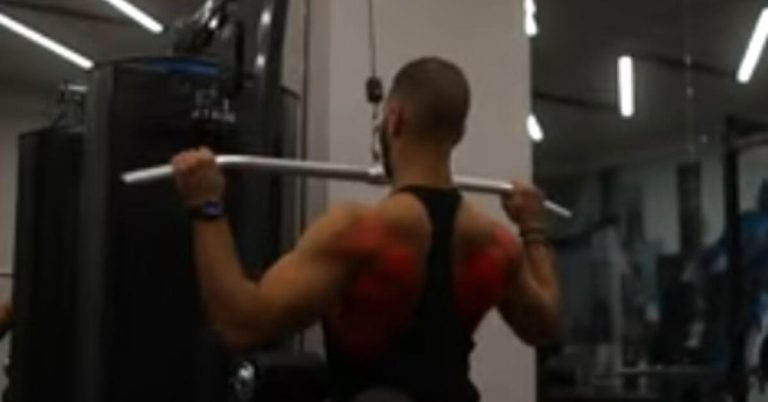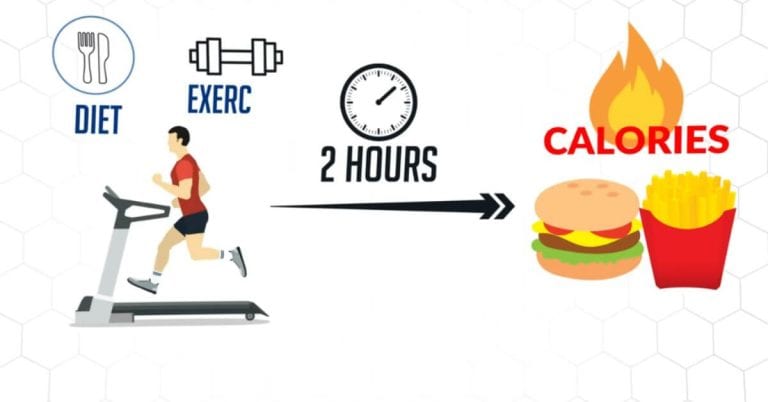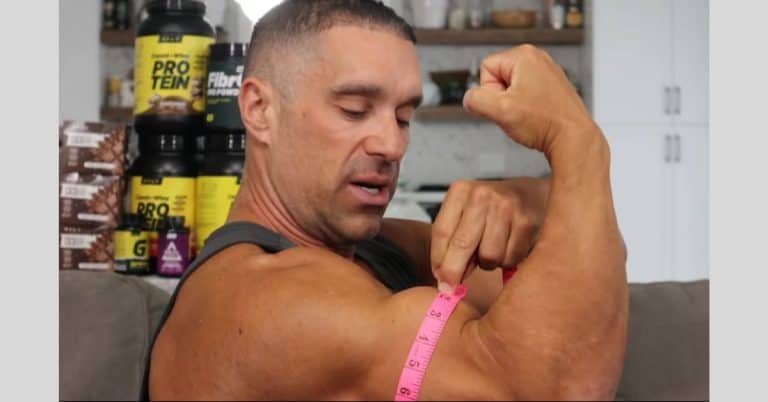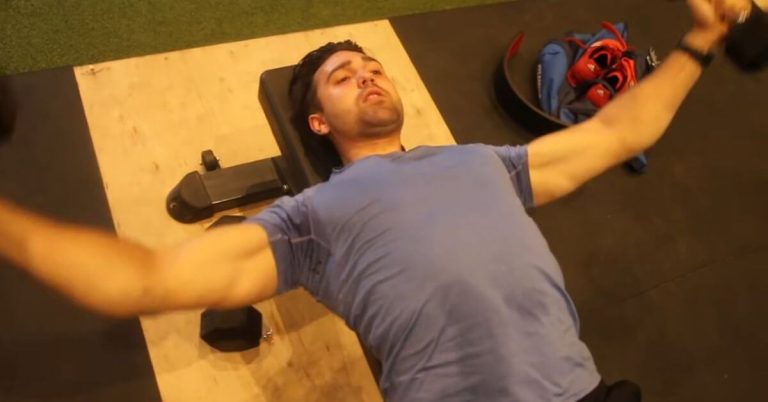Does Donating Plasma Affect Muscle Growth? Discover the Truth!
Last Updated on December 29, 2023 by Justin Harris
Does Donating Plasma Affect Muscle Growth: Donating plasma does not directly impact muscle growth, as research suggests. However, it may cause temporary side effects such as decreased iron levels and fatigue, which could potentially affect overall performance during workouts.
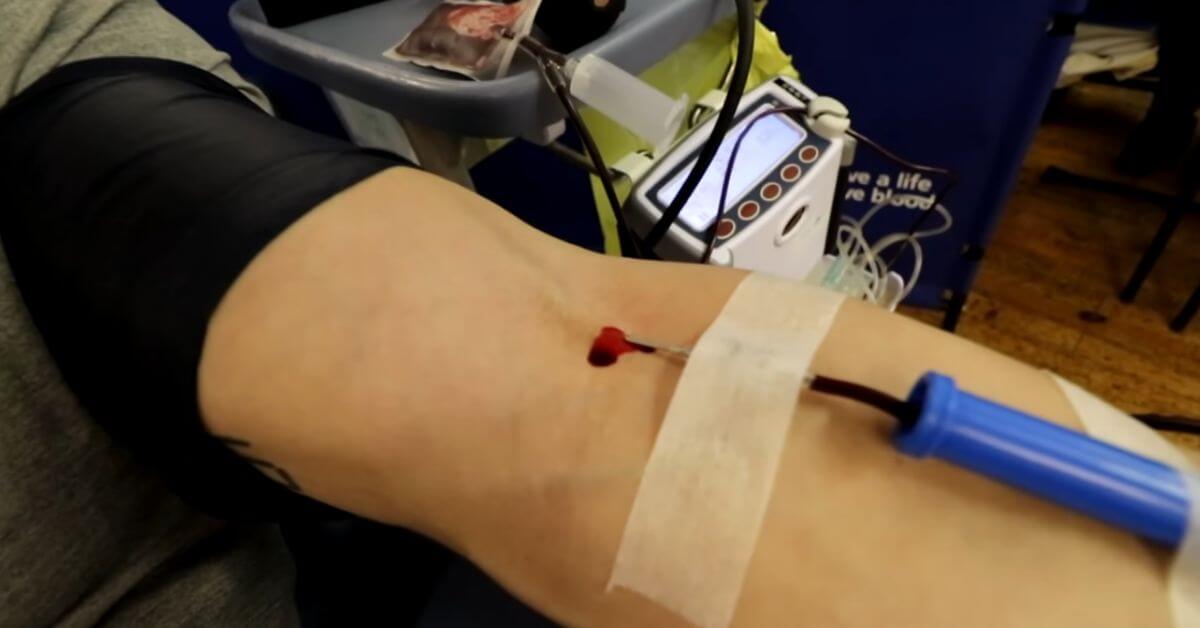
It is important to be mindful of these factors when considering plasma donation and to take necessary precautions to maintain optimal muscle growth and performance.
The Impact Of Plasma Donation On Muscle Growth
Research suggests that plasma donation likely does not significantly impact your ability to build muscle or achieve gains. When it comes to donating plasma and its effect on muscle growth, multiple sources suggest that there is no direct negative correlation between the two. It is important to note that plasma donation does not inhibit muscle growth or impair your ability to repair muscles after exercise.
Plasma donation primarily affects the fluid component of your blood, which contains proteins, nutrients, and other vital components. The protein in plasma, such as albumin, is mainly used for transport purposes and does not directly contribute to muscle growth.
While donating plasma may cause temporary side effects like decreased iron levels, fatigue, weakness, and reduced platelet count, these factors do not have a direct impact on muscle growth. It is crucial to listen to your body and monitor your energy levels and overall health when incorporating plasma donation into your fitness routine.
To summarize, research suggests that plasma donation does not significantly hinder muscle growth. As always, it is recommended to consult with a healthcare professional or fitness expert to tailor your fitness and donation routines to your specific needs and goals.
Temporary Performance Loss After Plasma Donation
Research suggests that donating plasma does not significantly impact muscle growth or gains. However, it is important to note that there may be a temporary loss of performance during strength training sessions after plasma donation. This is mainly due to the reduction in iron levels, which can lead to fatigue, weakness, and a decrease in platelet count.
While plasma donation itself does not directly inhibit muscle growth or impair the ability to repair muscles after exercise, it is important to manage the side effects that may arise. To minimize the impact on workout sessions, it is recommended to ensure adequate rest and recovery, maintain a balanced diet rich in iron and other essential nutrients, and listen to your body’s signals for any signs of excessive fatigue or weakness.
Although donating plasma is a noble act and can help save lives, it is always advisable to consult with a healthcare professional or a fitness expert to understand how it may specifically affect your individual fitness goals and make adjustments accordingly.
Addressing Energy Reduction After Plasma Donation
Research suggests that donating plasma does not significantly impact muscle growth or the ability to achieve gains. While donating plasma may cause temporary loss of performance and reduced energy levels during workouts, it does not inhibit muscle growth or impair muscle repair after exercise.
To minimize energy reduction after plasma donation, it is important to balance donation and exercise. This can be achieved by paying attention to nutrition, hydration, and rest. Ensuring an adequate intake of nutrients, especially protein and iron, can help support muscle recovery and energy levels. Staying hydrated and getting enough rest and sleep are also essential for maintaining energy during workouts.
In conclusion, while donating plasma may temporarily affect energy levels, it does not have a significant impact on muscle growth. By following strategies to maintain energy levels and balancing plasma donation with exercise, individuals can continue to make progress in their fitness goals.
Read Also,
- Is Bowflex Good
- Is Fitness Factory Legit
- Elliptical for Short Person
- Does Sorel Run Small
- Elliptical or Bike for Belly Fat
- Is Rowing Machine Good for Abs
- Does Creatine Make You Sweat
- Is Exercise Bike Good for Knees
- Why Does My Bicep Cramp When I Flex
- Why Does My Sternum Hurt When I Do Dips
- What Burns More Calories Elliptical or Treadmill
Plasma Donation And Red Blood Cell Depletion
Research suggests that donating plasma does not significantly affect muscle growth or gains. While there may be temporary performance loss and fatigue after donation, it should not hinder your ability to build muscle or repair muscle after exercise.
| Does Donating Plasma Affect Muscle Growth? |
|
Managing Muscle Growth While Donating Plasma
Research suggests that donating plasma likely does not significantly impact your ability to build muscle or achieve gains. As long as you pay attention to proper nutrition and hydration, you can manage muscle growth effectively. It is important to ensure that you maintain a balanced diet rich in protein, as it is essential for muscle repair and growth. Additionally, staying adequately hydrated is crucial for optimal muscle function.
When donating plasma, incorporating recovery techniques can also support muscle growth. Taking adequate rest between workouts allows your muscles to recover and adapt. You may also consider modifying your training by reducing volume or intensity temporarily to accommodate the energy and fluid loss associated with plasma donation.
Overall, donating plasma does not inhibit muscle growth or impair your ability to repair muscles after exercise. While it may cause temporary side effects and an impact on energy levels, with proper care and management, you can still achieve your muscle growth goals.
Conclusion
There is no substantial evidence to suggest that donating plasma directly affects muscle growth. While there may be temporary side effects such as fatigue and reduced energy levels, these factors do not hinder the overall muscle-building process. The protein in plasma is primarily used for transport, and its donation does not impact muscle growth.
Therefore, individuals can continue donating plasma without significant concern for their muscle-building goals.

